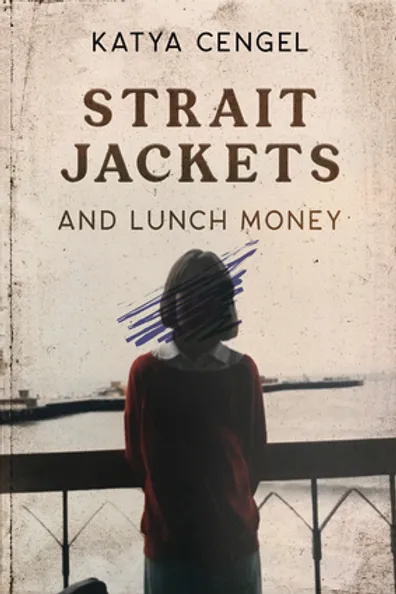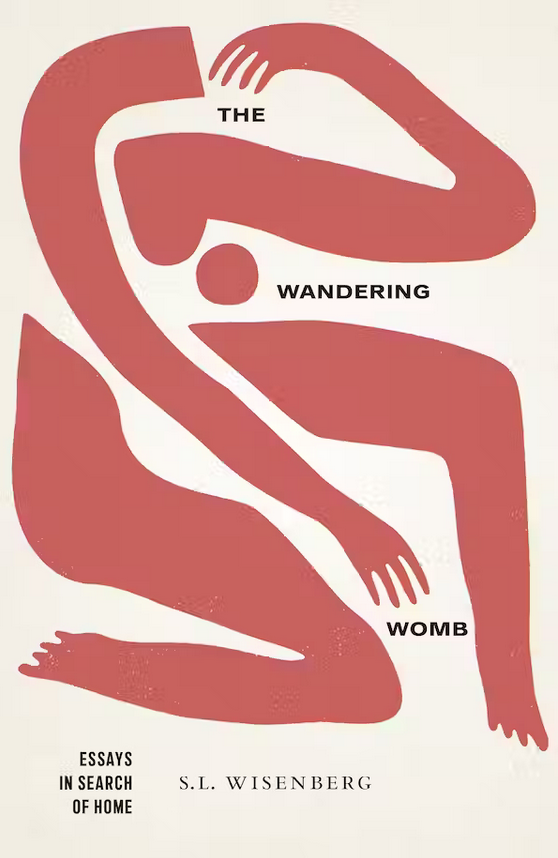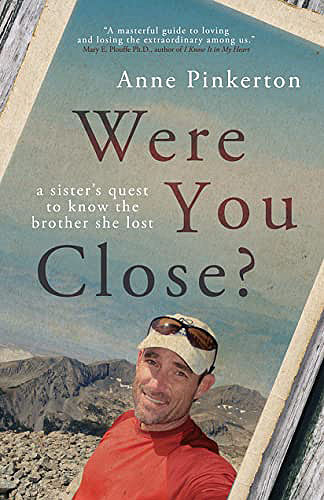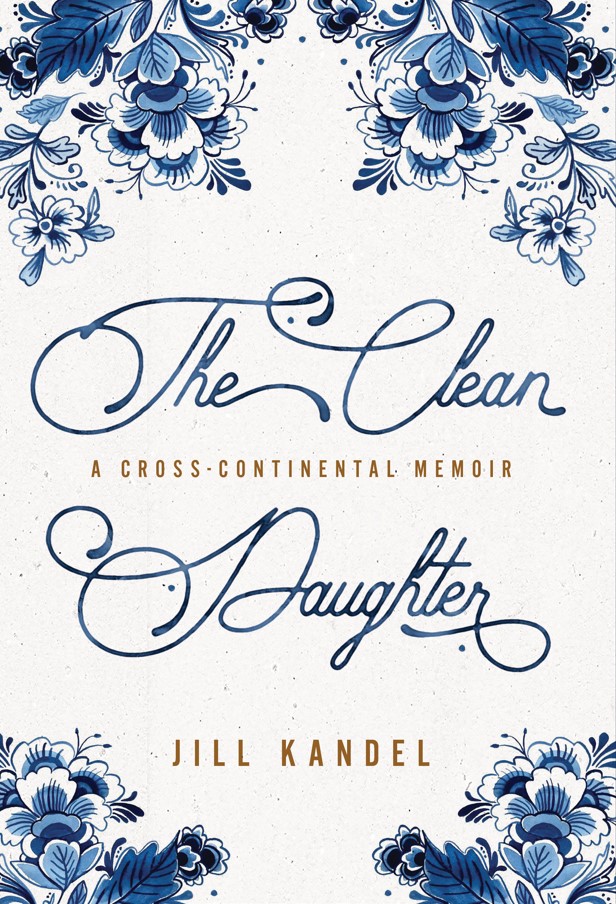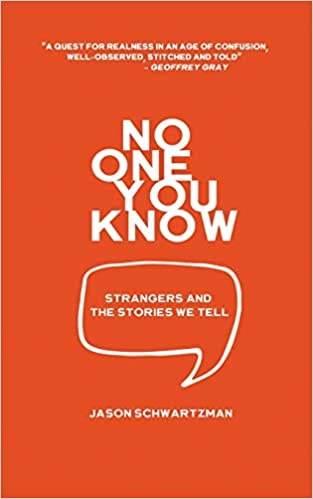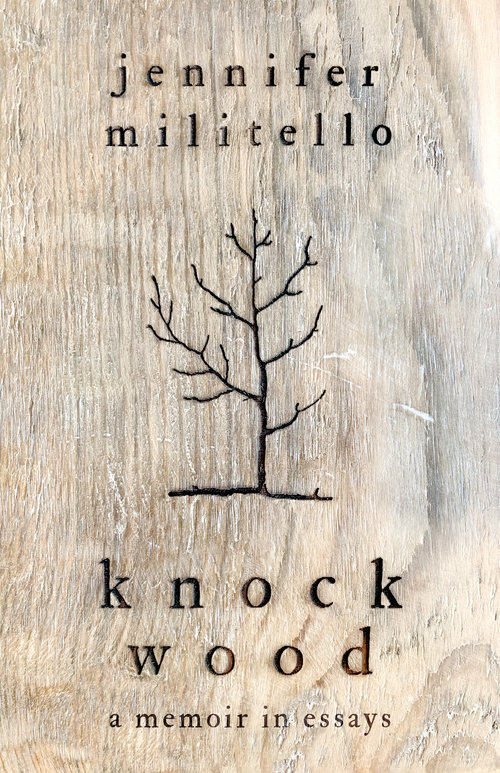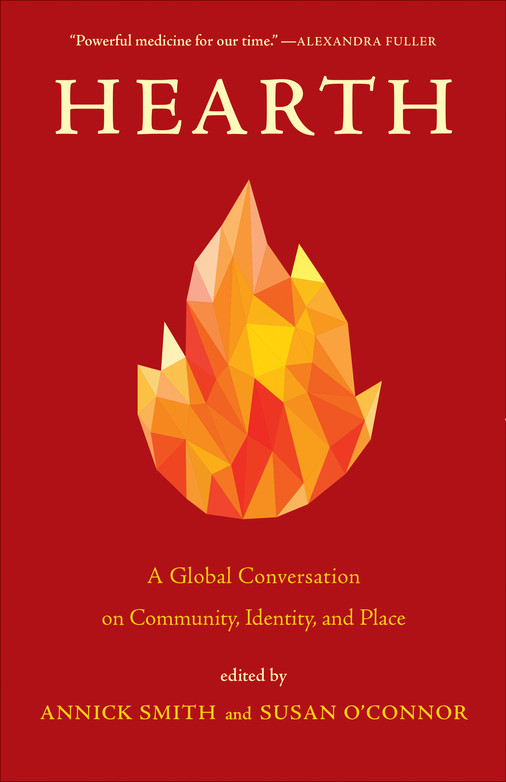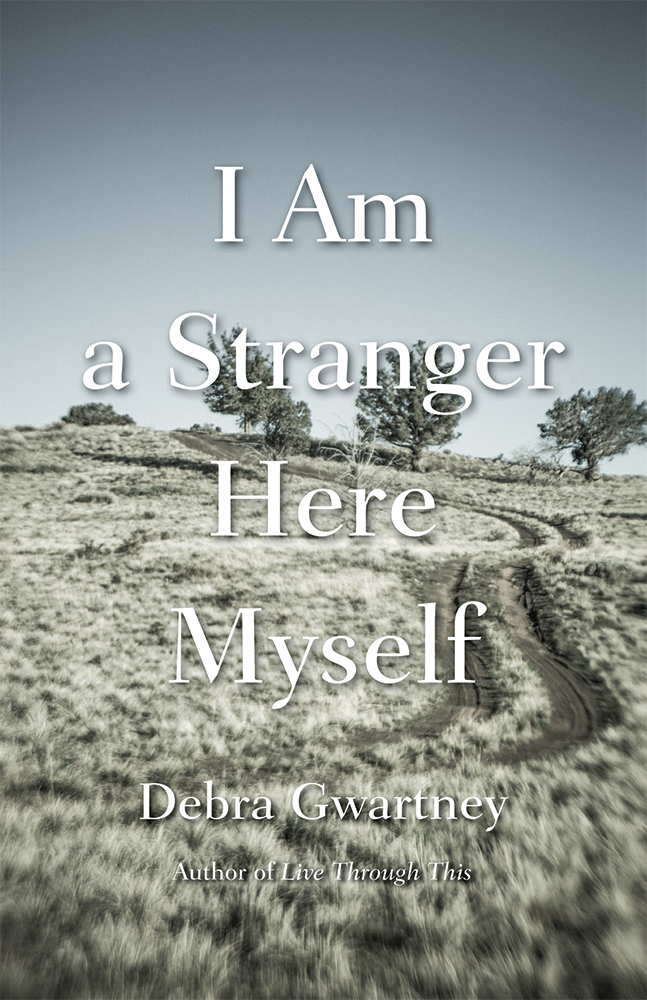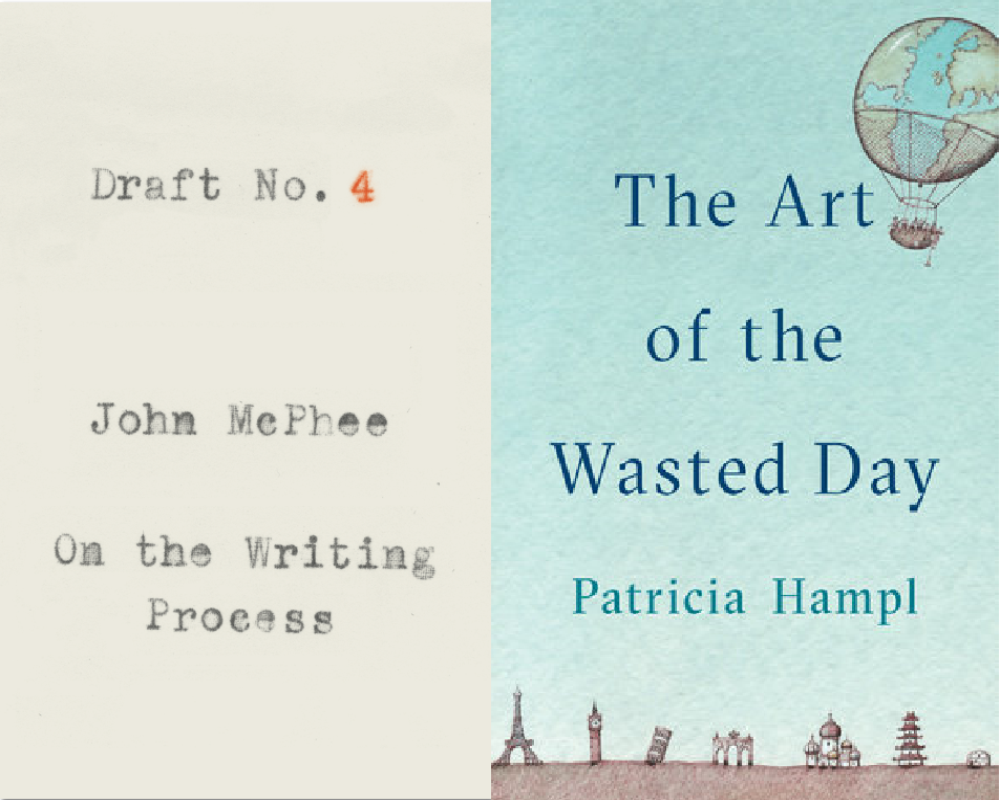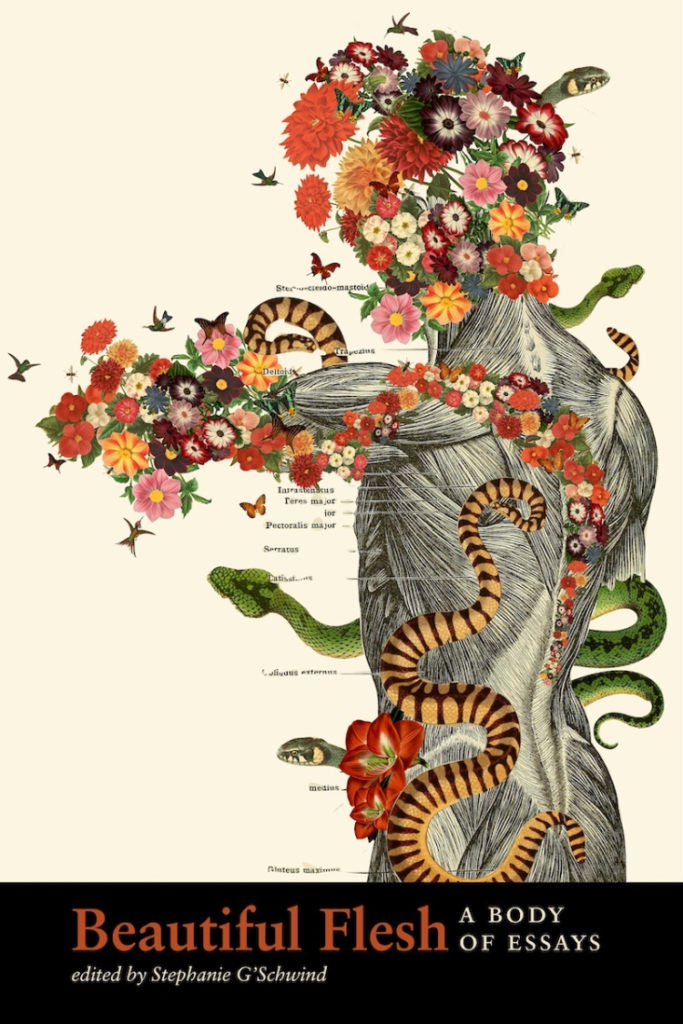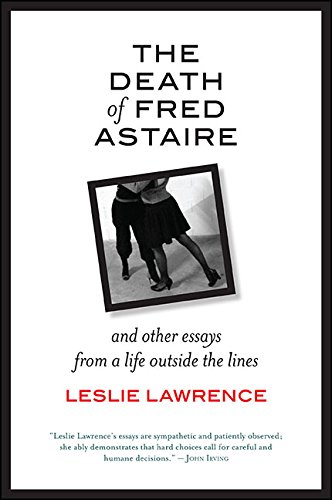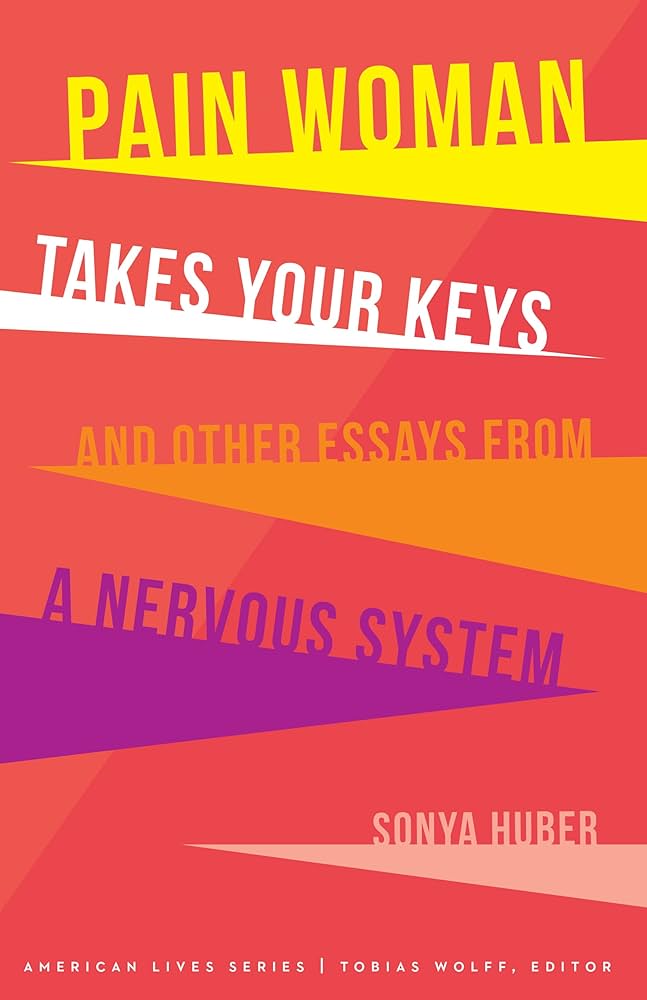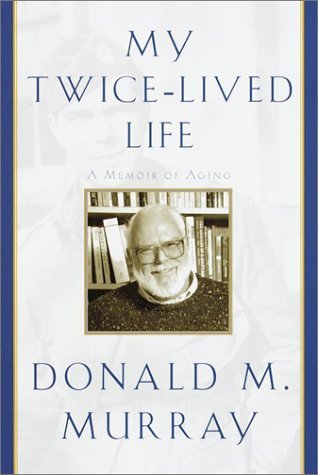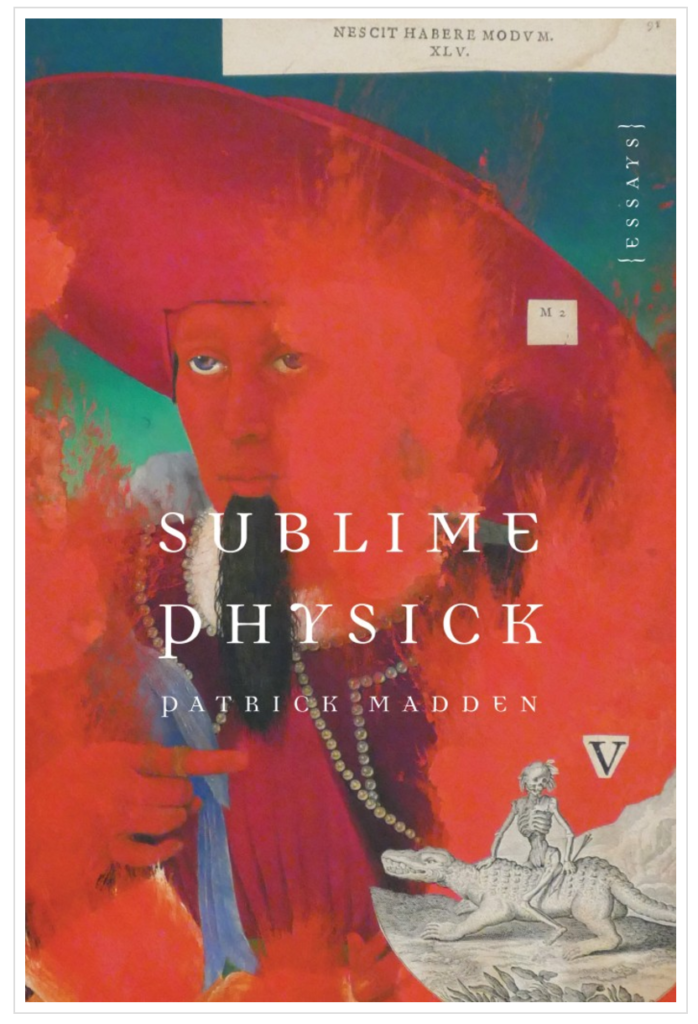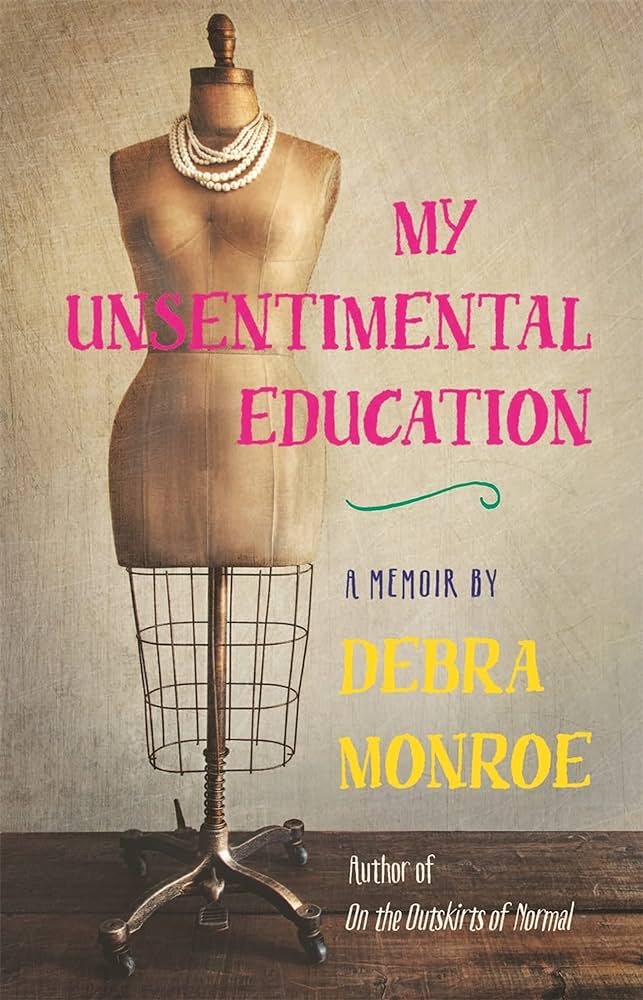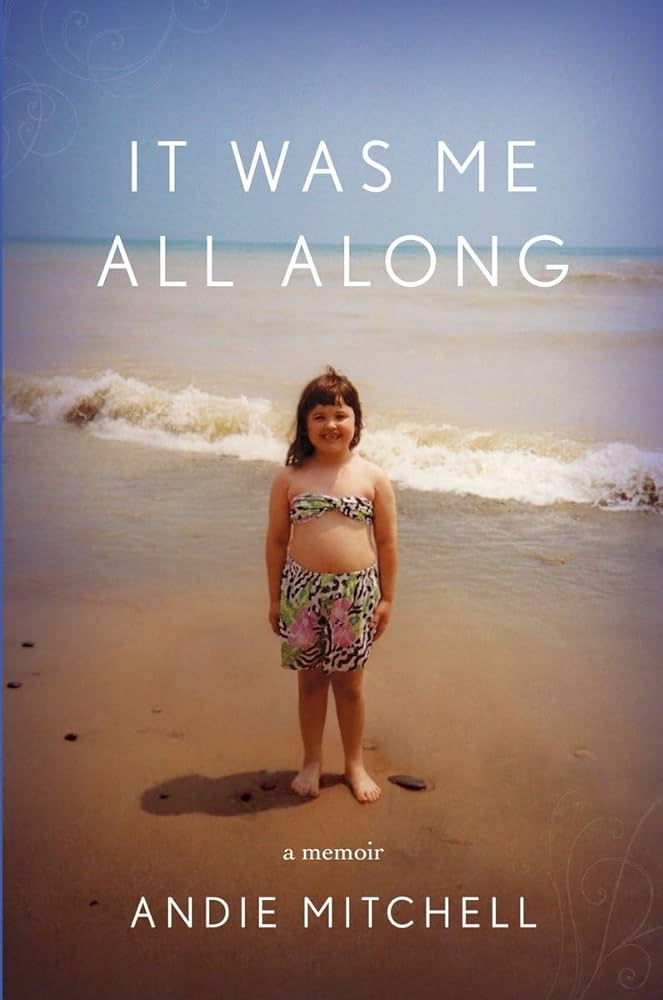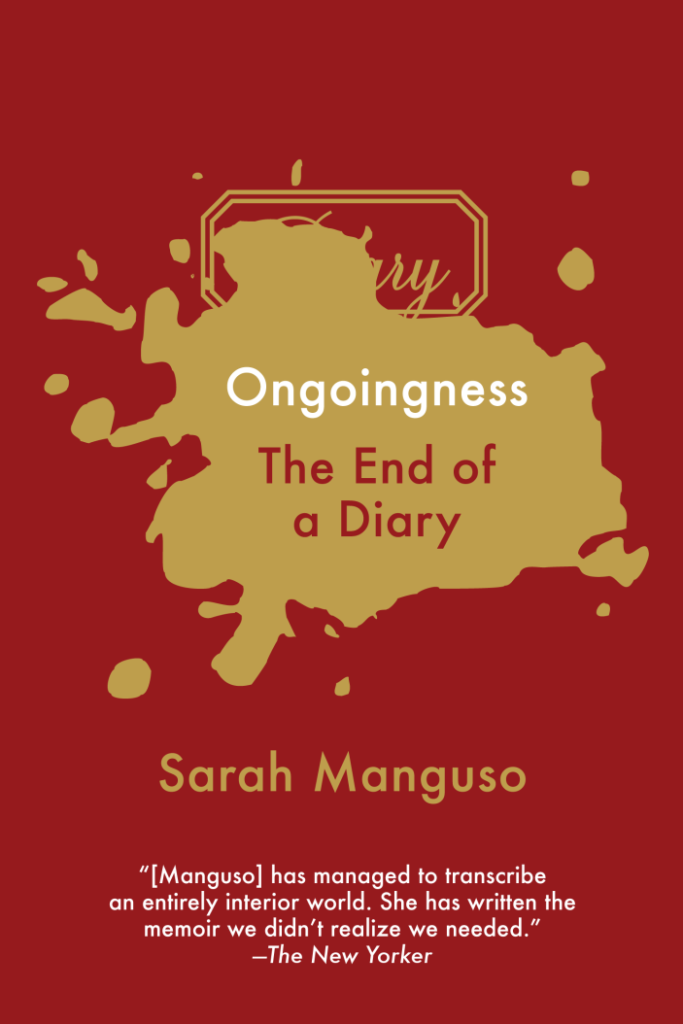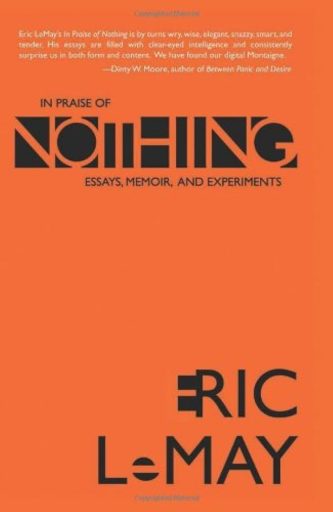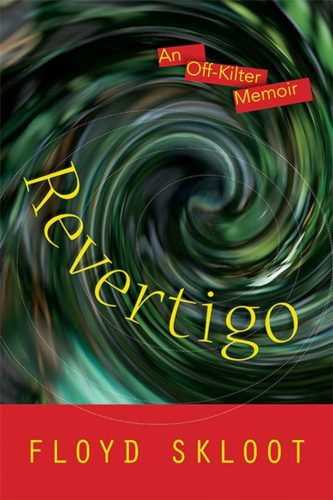By David MacWilliams
Blinded by Hope: My Journey Through My Son’s Bipolar Illness and Addiction by Meg McGuire
Meg McGuire’s memoir explores addiction, mental disorder, denial, guilt, and the destructive effects of a parent’s love. McGuire narrates events over more than two decades during which her son Ryan suffered frantic rises and falls in mood as well as doomed attempts to combat his addiction to heroin and other substances. On the surface, she examines the damage that bipolar disease and the disease of addiction can wreak upon the patient, the family and those closest to the patient. Most poignantly, she examines the role she played—out of love—as his enabler.
Throughout his twenty-two-year struggle “with the dual curses of bipolar illness and drug addiction,” Ryan suffers lost jobs, ruined relationships, overdoses, homelessness, and muggings. With little support for his addictions, Ryan manipulates his willing mother into “lending” him money for apartments, rehab, meds, tickets, doctors and counselors, loans he’ll never repay. He convinces her to provide him shelter and food and to ignore the limits she imposes upon him, including her demands that he not “use” in her own home. Once she flies cross-country to help him pack up and leave an apartment. Other times she drives great lengths to see him and to reassure herself of his safety.
At Ryan’s birth, she writes, “I felt a profound love for him” that deepened throughout his life. However, from his birth, as his father Jerry races his mom to the hospital, Ryan starts “crowning in the front seat of the car . . . [and had] been breaching boundaries, slipping through, ever since.” McGuire learns that she has helped him breach boundaries, and though her support has put some salve on the many injuries Ryan gives and receives, she causes them both greater harm in the long run. Enabling his bad behavior, she assures her own on-going distress.
There are twenty-two chapters. Though each one centers on a theme or event, in total they represent the twenty-two years her son has suffered. This time period includes the early symptoms of his bipolar illness and addiction, his downfall from his art studies to homelessness and poverty, and finally his imprisonment. McGuire frames the narrative by a prologue in which her forty-three-year-old son is sentenced to prison for his role in a burglary; by the final chapter, she is anticipating his release. In-between, the narrative is one long flashback that McGuire delivers in chronological order, from before her marriage till Ryan’s sentencing.
At the beginning, she describes abandoning her dream of becoming an artist to support her husband as his housewife after the young university students become pregnant with Ryan. This move characterizes her ongoing behavior. “I deferred my dreams indefinitely,” she writes. “It helped that I loved Jerry and was determined to make a good life for him.” Her decision to defer her dreams and support another’s establishes a pattern of self-sacrifice, denial, and hope, which she will follow throughout Ryan’s illnesses. His crises and subterfuge structure the majority of the memoir just as they structure the major part of her life.
Signs of his illness emerge during his teen years and worsen over time. As a college student and then early in his career as an artist and graphic designer in San Francisco, Ryan demonstrates volatility and confusion associated with both his illnesses. At twenty-one, unable to stay in college and fight depression, he leaves his mother’s home in southern California and moves into an apartment with his girlfriend, Holly, and a friend of theirs. After some time, Holly writes McGuire warning her of Ryan’s mood swings and of his heroin and alcohol abuse. He vehemently denies the contents of the letter when McGuire confronts him with it; she believes him. As a counselor and the daughter of an alcoholic, McGuire acknowledges, “[a]ddicts are skillful confabulators, and I knew I could be easily deceived.” And yet due to her hope that doctors find a medical cure, not only does she allow Ryan to deceive her but she deceives herself.
Inevitably, her protection of him becomes an obstacle in his healing. Several counselors and therapists advise McGuire that Ryan needs to “hit bottom.” That may instigate a change. But it won’t happen because his mother covers his debts and provides the sympathy he expects. She loves him and is wracked by guilt. He manipulates her by withholding communication, one thing she can’t live without. Later in the memoir, while undergoing group counseling, McGuire admits, “I was just as dependent on my connection with him as if I had been caught in the grip of a drug.”
Many of Ryan’s mistakes become symbolic of his psychosis and addictions. He repeatedly loses his wallet and I.D. He loses checks his mother gives him and bills he gets because he is unable to stay organized. He loses keys to his homes and tries to break in with disastrous results. His bouts of homelessness, while rooted in this country’s unwillingness to treat mental illness with compassion, also tragically serve to represent Ryan’s inability to commit to rehabilitation—and worse, to commit to others.
McGuire uses one powerful image to scaffold her enabling behavior, a replica of Michelangelo’s Pietà in the Saints Peter and Paul Church in San Francisco. She responds to the artwork as artist, mother, and writer, using the statue to gaze inwardly as her eyes cross its contours. First viewing it with Ryan, she wonders how Mary could have let her son die without her resistance. She thinks of herself and her constant attempts to correct Ryan’s mistakes.
Maybe I rushed in uninvited to rescue Ryan because I couldn’t tolerate the thought of ending up like Mary, holding my dead son on my lap. During Christ’s struggle to Calvary, Mary stood by him but did not interfere as he was whipped and jeered. I had a hard time allowing my son the dignity of his own fall.
Later her therapist suggests that she visit the statue again. This time she goes alone and kneels before the statue as if in prayer. Again, she focuses on Mary, and not the son.
She held his sprawled body on her lap with her right hand, yet her left hand was open in a gesture of surrender. She did not show anguish. Her serene face reflected her acceptance of the inevitable. . . . Hold and surrender. Hold and let go. What a teaching the Pietà embodies for us mothers. We can hold and support our children in a deeply personal way for a limited time only, but ultimately, for their own good and ours, we have to let them go. I had tried to keep my son safe by providing for him. In retrospect, my continued involvement in his life may have done him more harm than good. My endless rescue missions allowed him to avoid working on himself and prevented him from finding his own resources. I may have needed him in my life more than he wanted or needed me. These were very hard lessons to learn, because I kept repeating them.
Despite the insight she gains from reflecting upon the artwork, she still has a long way to go in dealing with her cycles of intercession. After delivering him an ultimatum—that he get help or be on his own—she comes to fully recognize the hold he has on her.
Being out of touch, having no contact—even negative contact—with my son was, in many ways, worse than dealing with his endless crises. I began to understand my underlying codependence. Even though my attempts to get him into treatment had not been successful, they had given me something to do in an impossible situation. Each inquiry created an artificial relationship and staved off hopelessness.
McGuire deserves high praise for her honesty and openness. She writes in clear, precise prose. The descriptions are vivid, the emotional turmoil she expresses, tangible. The pace of the memoir is brisk. It’s a page-turner. She provides information into the ways mental disease and substance abuse are and are not treated in this country. In her post-scripts, she delivers advice, resources, and a reading list for others battling a loved one’s mental disease.
As she tells her son, McGuire must write about her own experience, not her son’s. Her memoir balances her son’s dependency with her desire to live independently. She is a single-mom and third-grade teacher; she becomes a counselor and later college instructor. She finds another partner after her marriage to Jerry dissolves and still another, closer partner after the second relationship ends. Despite her attempts to live free of Ryan’s illnesses, she cannot live free of him, and he cannot live without his illnesses. Therein lies the heart of the struggles McGuire examines in this inspiring memoir.
She Writes Press
$12.95 Paperback | Buy Now!
David MacWilliams’ personal essays have appeared in Pilgrimage, Mason’s Road, The Apple Valley Review, and Creative Nonfiction. He is a Fellow at the Virginia Center for the Creative Arts and Division Head of Arts and Sciences at New Mexico State University—Alamogordo.




